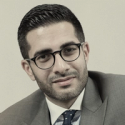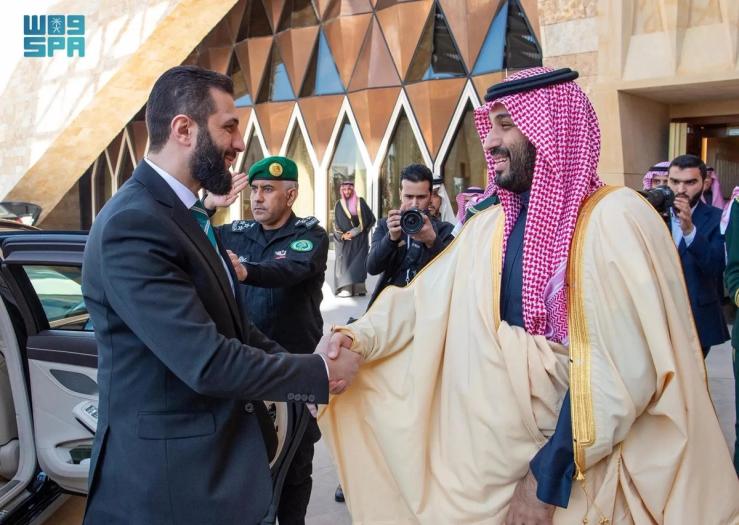Faisal’s view
In 2018, Crown Prince Mohammed bin Salman made a bold declaration: He envisioned the Middle East as the new Europe — a region of prosperity, innovation, and peace. He called it his personal battle to make that a reality.
Almost seven years later, Saudi Arabia’s $6.4 billion commitment to Syria — announced on Thursday during a Saudi investment forum in Damascus — falls within that strategy of promoting regional stability. But the investment is more than a financial maneuver; it is a political endorsement, a strategic bet, and a moral stance, made in defiance of Israel’s designs on Syria.
Riyadh’s approach to stability spans the region. It includes mediating in Sudan, lobbying for international recognition of a Palestinian state, and the crown prince’s role in persuading US President Donald Trump to lift sanctions on Syria and give its interim government, led by President Ahmad al-Sharaa, a chance to succeed.
Al-Sharaa, a former Al-Qaeda leader who headed the rebel coalition that ousted the Assad regime, has undergone a remarkable transformation from militant to head of state. He has said the right things, done the right things, and projected a vision of unity.
Yet no one expected a seamless transition, and his government has also made costly mistakes while facing mounting challenges.
One of the most pressing threats are the spoilers. Chief among them is Israel, which — despite its public hostility toward the Assad dynasty — benefited from its rule. Assad’s Syria, for all its brutality, maintained a quiet border with Israel.
When unrest erupted in Sweida, Israel moved swiftly. Some Syrian government forces committed violent acts that helped frame the clashes as a sectarian conflict, casting the Druze as a persecuted minority. This type of violence threatens to fracture Syria’s fragile unity, and it took coordinated efforts by Türkiye, the US, and Saudi Arabia to contain the crisis.
Israel’s calls to protect minorities fall flat in Riyadh, and the region, for two reasons. First, as former British spy chief Sir John Sawers said on CNN: “What Israel is looking for, I think, is a fragmented Syria — one which is weak and divided. That’s a miscalculation.” His remarks exposed the main motive behind Israel’s dangerous regional gamble.
Second, on moral grounds, Israel’s war on Gaza — for which it stands accused of committing genocide — weakens its claim to be an advocate for minority rights. Israel should start by treating its own Druze citizens with the dignity they deserve. As Yossi Mekelberg writes in Arab News, Israel’s Druze, despite their military service and loyalty, continue to face discrimination, underinvestment, and land confiscation. The 2018 Nation-State Law and other regulations have deepened these grievances, leaving many Druze feeling like second-class citizens.
Saudi diplomacy moved swiftly in response to the Sweida crisis. Within days, Investment Minister Khaled Al-Falih led a delegation to Damascus. The message: Riyadh will not allow Syria to be divided and conquered. The $6.4 billion pledge was a vote of confidence in al-Sharaa’s leadership, and a signal to the spoilers.
The kingdom’s role goes beyond rebuilding infrastructure or boosting GDP. A Syrian government focused on delivering peace and prosperity for its citizens can benefit the entire region. With Saudi support, Syria has a fighting chance to thrive — and to help realize the vision of a “New Europe” that, in the long run, could benefit everyone in the region, even the spoilers.
Faisal J. Abbas is an award-winning journalist and Editor-in-Chief of Arab News.
Notable
- Many Druze in Syria and Israel believe the new rulers ordered the Sweida massacres. Hussain Abdul-Hussain, research fellow at the pro-Israel Foundation for Defense of Democracies, argues Damascus must be closely monitored before lifting sanctions: “Islamists don’t moderate with money.”
- Clashes between Bedouins and Druze in Sweida quickly drew in Israel, the US, and others. Experts at the Atlantic Council explain why this communal violence went regional, and what’s at stake for each player.


